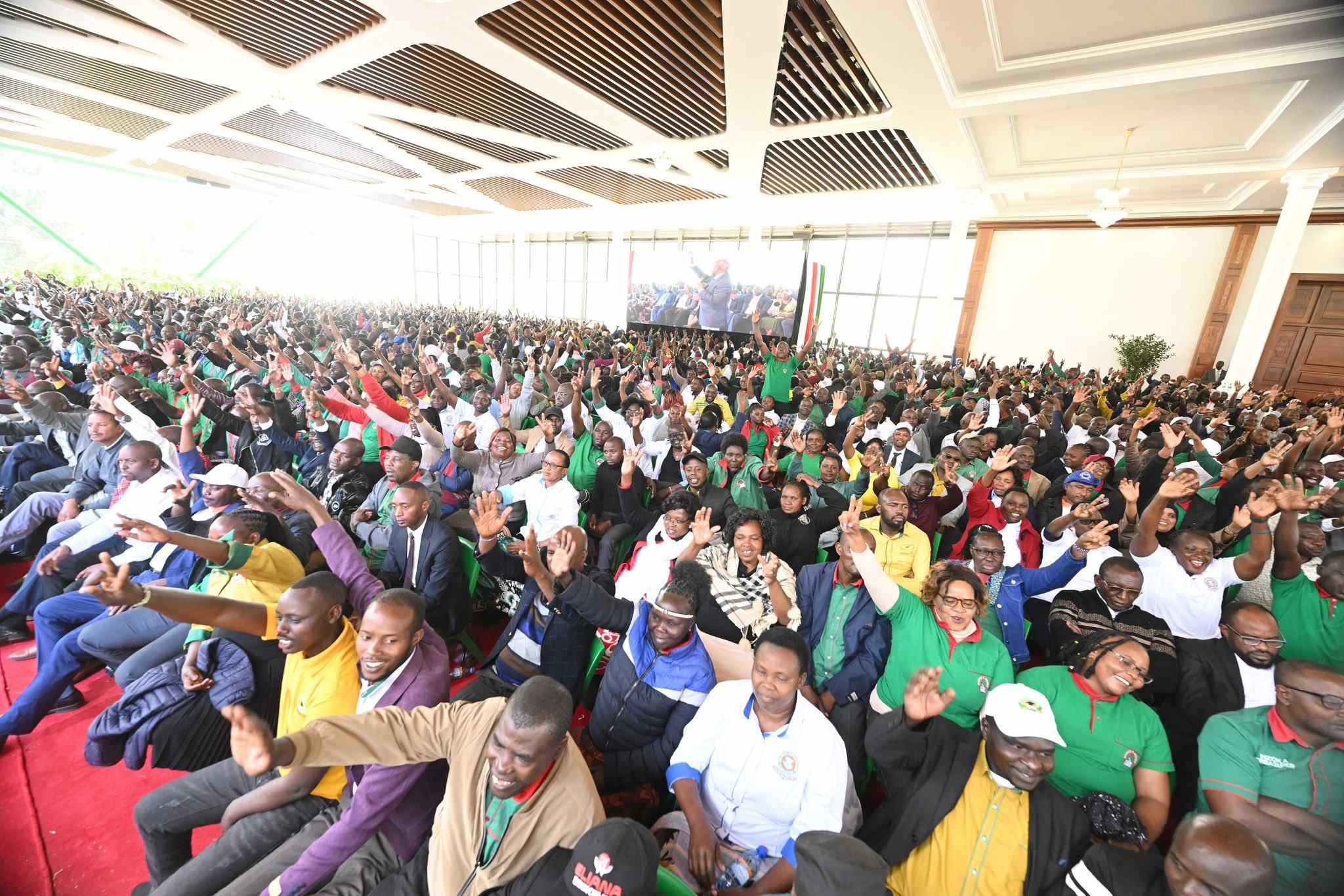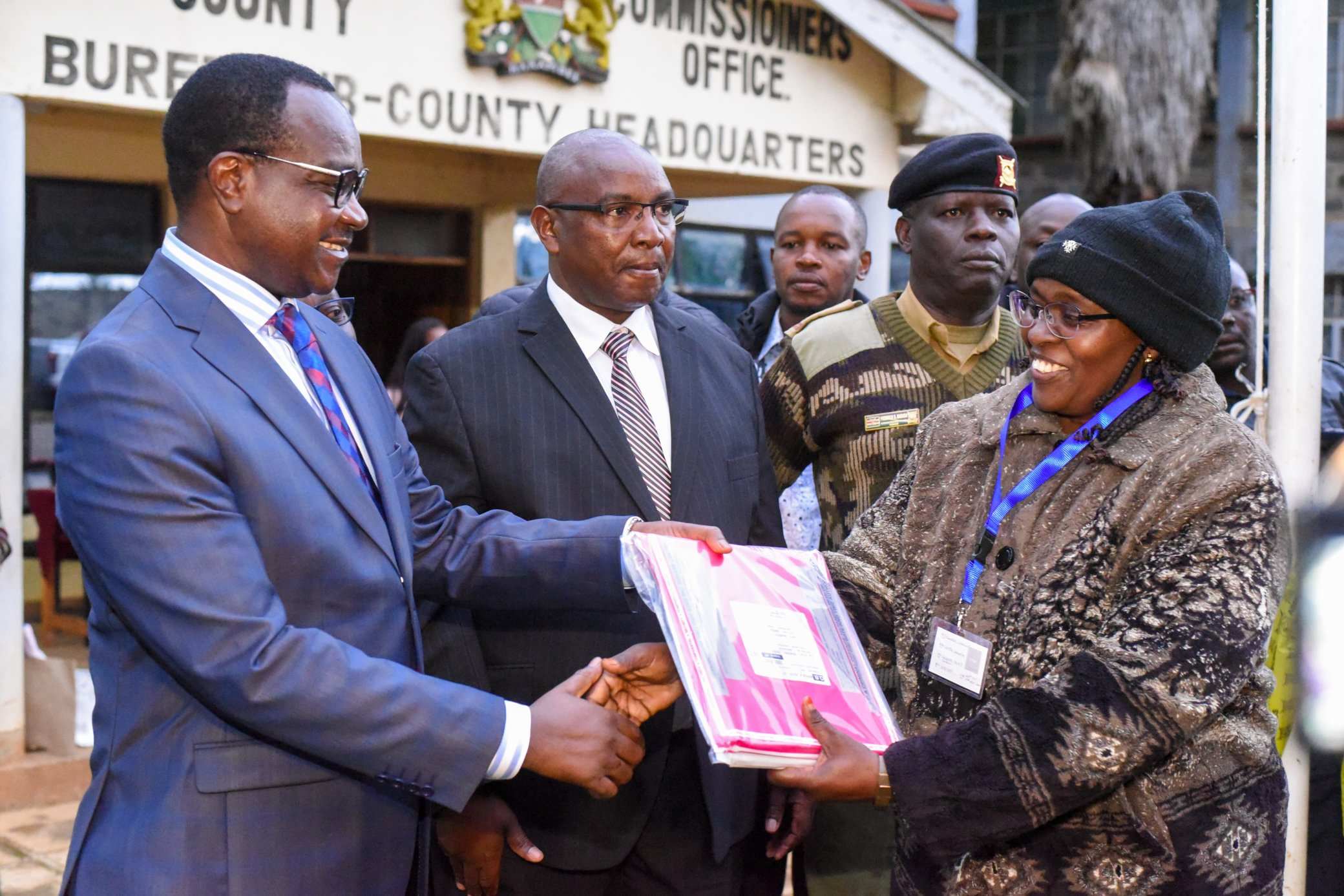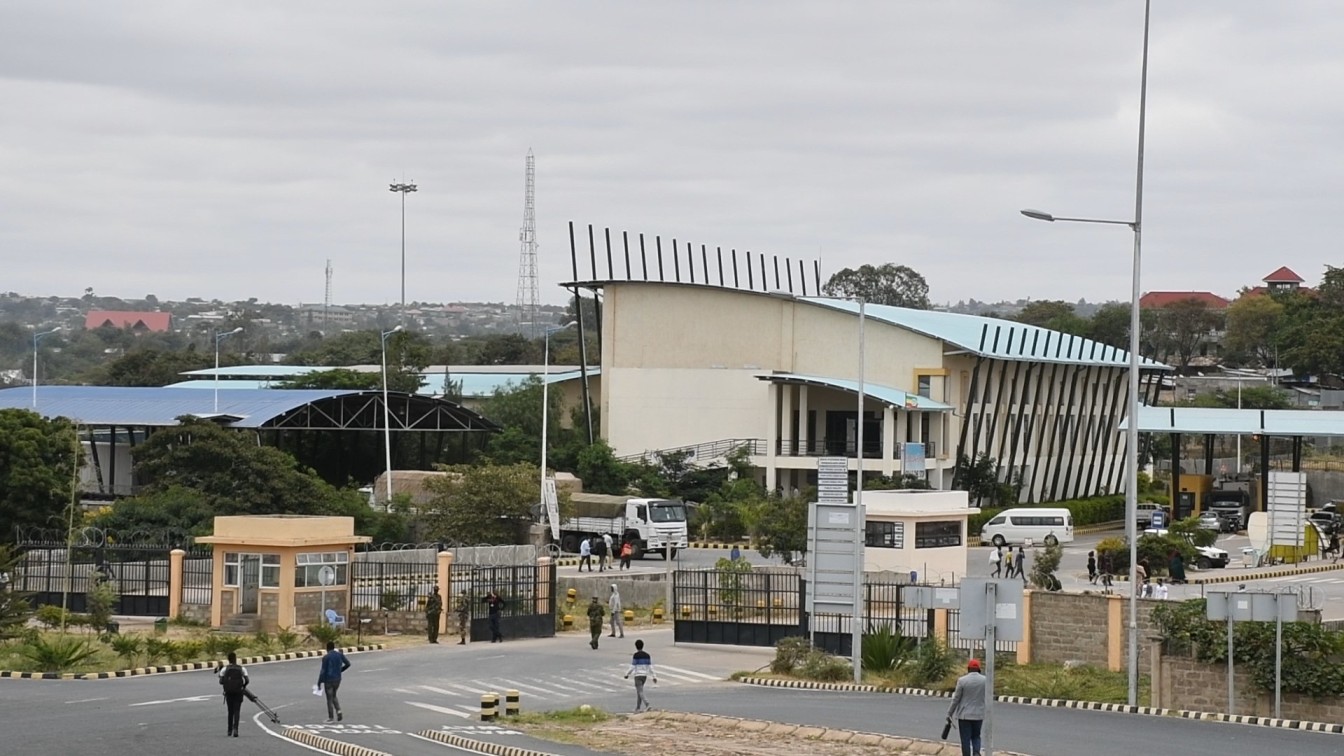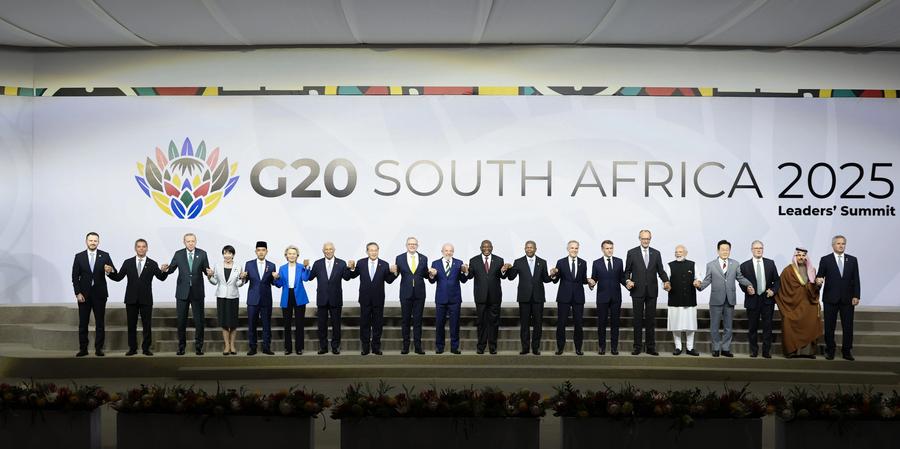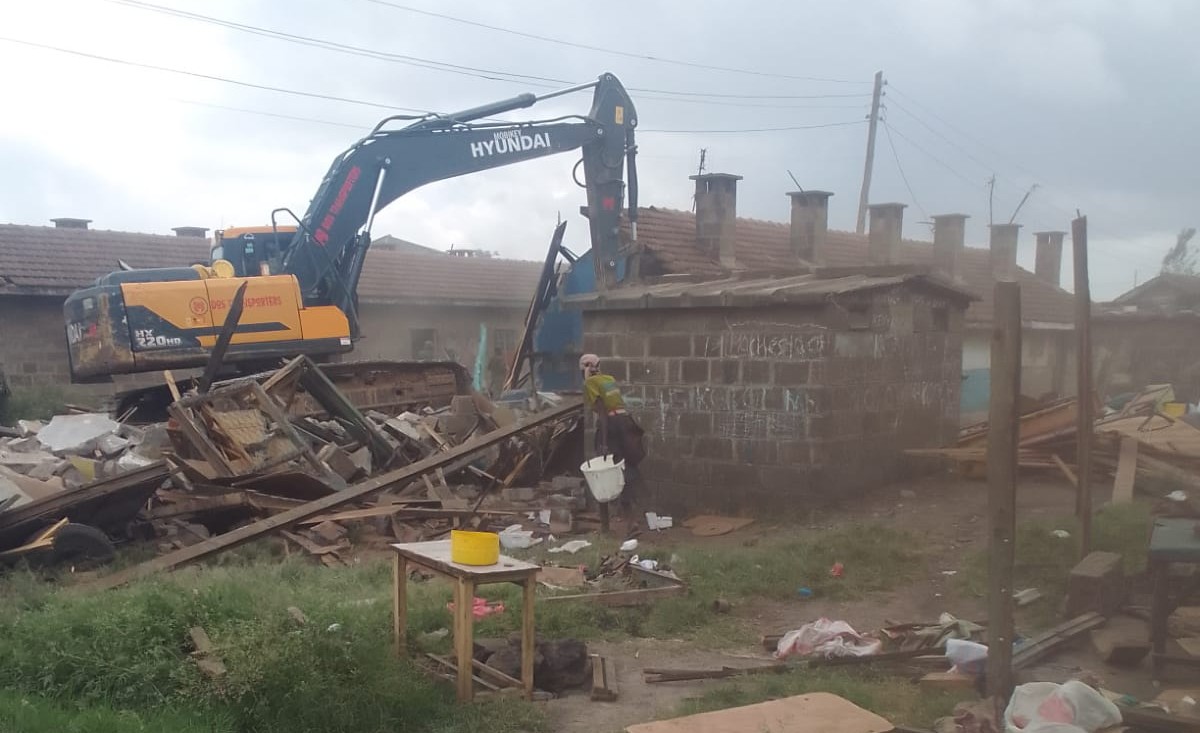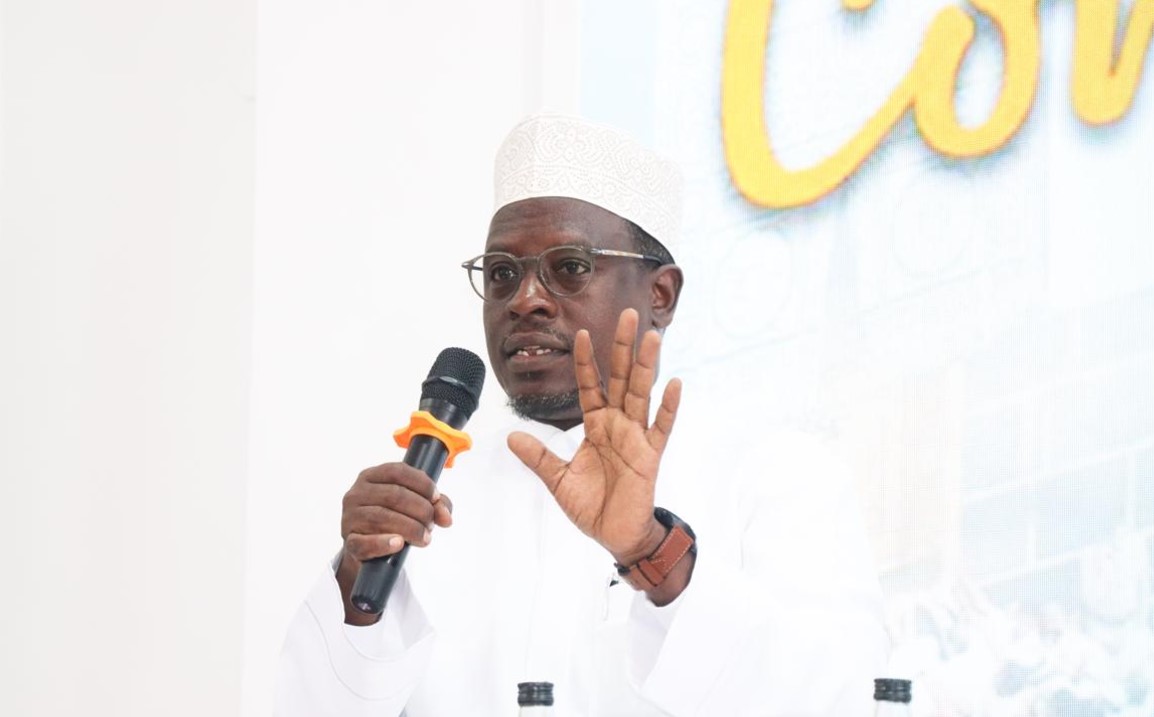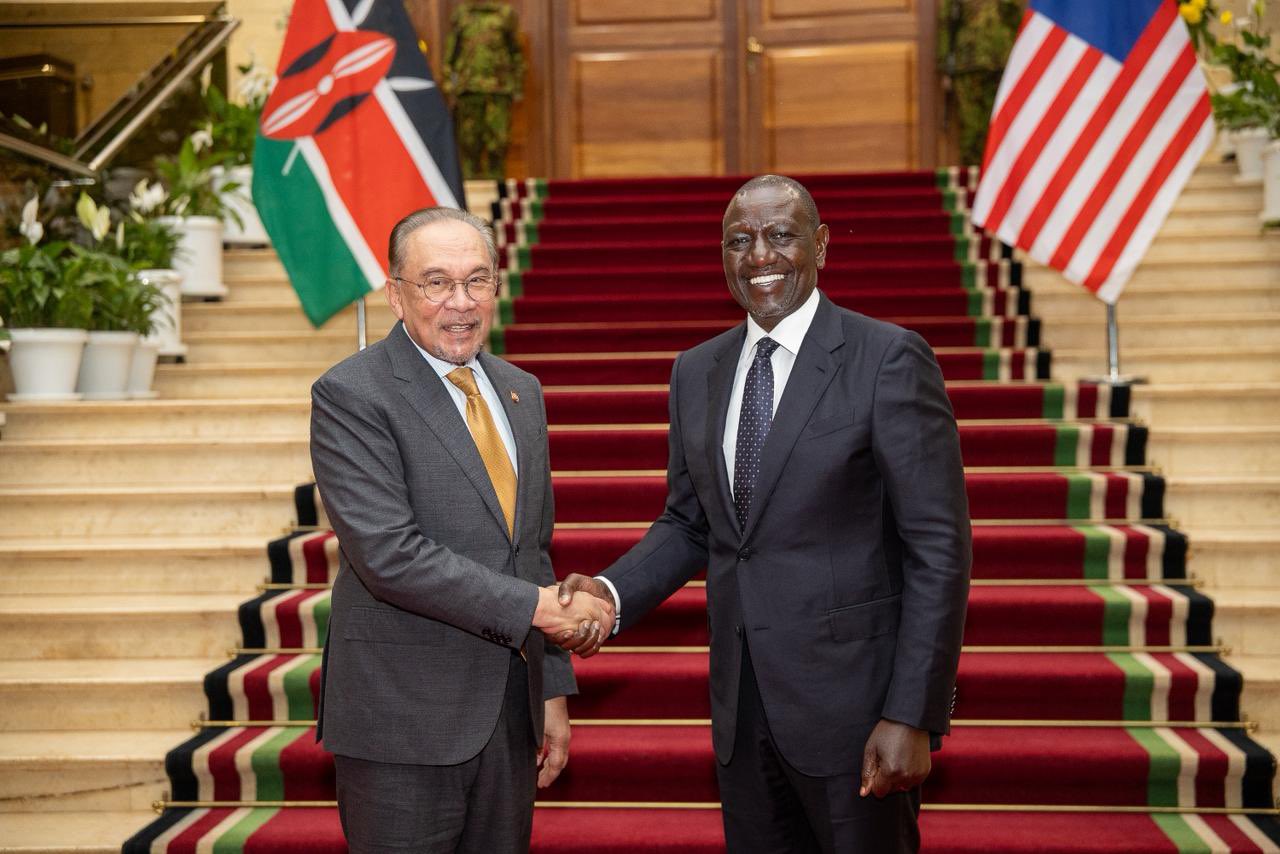After finding peace in Kenya, Ethiopian refugee plans permanent stay
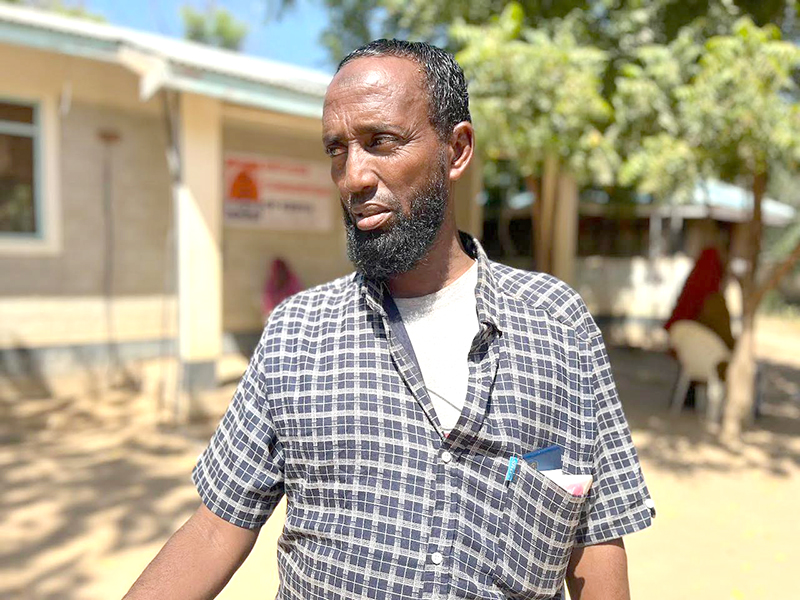
Abdullahi's escape was not just from violence but also from the oppressive environment that followed the contentious 2010 elections.
Abdullahi Farah fled his homeland in Ethiopia's Somali region 14 years ago and sought refuge in Kenya.
Now 52, and although he has built a new life at the Dadaab Refugee Camp where he lives with his family, the trauma of the past remains vivid. But Abdullahi has found a sense of peace in his new surroundings.
More To Read
- UNHCR warns of deepening humanitarian crisis in Darfur, Kordofan
- Refugee group raises alarm over lending traps facing displaced families
- UN welcomes aid supply talks with Sudan army
- Libya rescues 49 Sudanese migrants off western coast
- Refugee youth rewrite their future through film in Dadaab
- Over 30 million people in Sudan in need of humanitarian assistance: UN agencies
“I have found peace here and have no plans to return to a home where my family was persecuted," Farah told The Eastleigh Voice during an interview in Dadaab.
The heavily bearded man who was born and raised in the Somali region — a volatile area in eastern Ethiopia — fled with his mother, wife, and children just before the 2010 Ethiopian national elections, a time marked by intense political unrest.
The elections, dominated by the Ethiopian People's Revolutionary Democratic Front (EPRDF) under former Prime Minister Meles Zenawi, were marred by widespread allegations of violence, intimidation, and electoral fraud.
“The Zenawi government was brutal to us. I was working as a casual labourer from the pastoralist community," Abdullahi said, his voice tinged with bitterness.
His father was killed during this period when the Somali region was a hotspot for separatist sentiments.
"The Somali opposition was fighting Ethiopia in the region because they wanted to be a separate country. They were fighting for liberation, but they were called terrorists," he said.
The Ethiopian government responded to the separatist movement, led by the Ogaden National Liberation Front (ONLF), with a heavy military crackdown. This was characterised by significant human rights abuses, including extrajudicial killings, torture, and widespread displacement of civilians.
Abdullahi's escape from Ethiopia was not just a flight from violence but also from the oppressive environment that followed the contentious elections.
The EPRDF secured an overwhelming majority, winning 499 out of 547 parliamentary seats. But the results were widely challenged by the opposition and international observers who cited the pre-election violence, intimidation, and lack of transparency in the electoral process.
Abdullahi, who now lives in the Ifo section of Dadaab, finds solace in the relative stability of his life in Kenya.
“For me, I consider peace and security as the priority. I don't care about the movement," he said, reflecting on the stark contrast between his life in Kenya and the turmoil he left behind in Ethiopia.
In Dadaab, he works as a tailor, earning a modest income to support his large family, which has grown by five children since they arrived in Kenya.
“I get Sh300 or Sh200 a day from my tailoring work, and I'm okay with it," he said.
The UNHCR provides food assistance, and his children have access to free education and clean water — basic needs that were not guaranteed back in their home country.
“I am not ready to go back to where my father and relatives were killed. I am content staying here," he insisted.
His eldest son, who dropped out of school to help feed the family, is now an Islamic teacher.
Asked if he follows developments in Ethiopia, including the recent war in Tigray, Abdullahi admitted that he does, but added that it brings painful memories.
“I feel stressed sometimes when I remember what happened to my people in my own country. I don't want to remember those images," he said, shaking his head as if to dispel the memories.
The Tigrayan War, which began in November 2020, was a brutal conflict involving the Tigray People's Liberation Front (TPLF) and the Ethiopian government along with their allies.
The war has been one of the world's deadliest conflicts in recent years, claiming an estimated 600,000 lives and leaving the Tigray region in ruins.
Abdullahi's story is a reminder of the ongoing struggles in Ethiopia where conflicts continue to destabilise the Horn of Africa country.
While the Tigray war may have formally ended with a peace deal in November 2022, the situation in the region remains tense.
Ethiopia's two largest regions, Oromia and Amhara, are still plagued by violence, with armed groups clashing with government forces.
In this context, the Kenya National Commission on Human Rights (KNCHR) is working to ensure that refugees like Abdullahi are aware of their rights and can seek redress when they are violated.
Launched in September last year, the Haki na Ushirikiano project is part of this effort. Supported by the UNHCR and the Netherlands embassy, the project aims to integrate refugees into Kenyan society by providing essential services and addressing mental health issues.
“Refugee issues have in the past been viewed from a security lens, but things are changing. The country is moving towards integrating refugees into the general population because some have stayed for even 40 years and it is only fair to integrate them," said Ibrahim Abdi Kassim, the head of the newly established regional human rights office in Garissa.
For Abdullahi, Kenya represents a place of refuge and hope, far from the violence that once defined his life.
Top Stories Today

